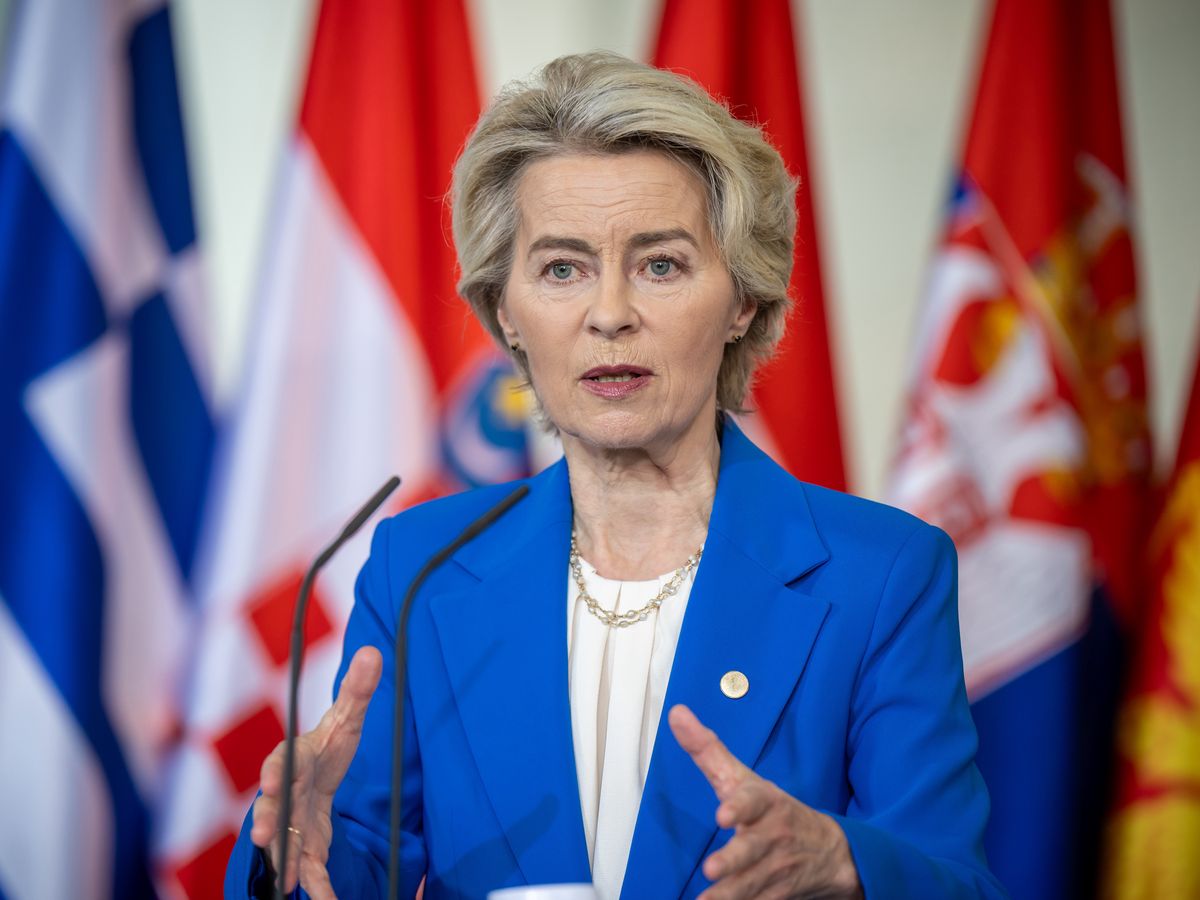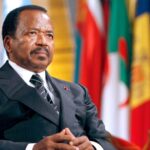The enlargement of the European Union has been highlighted as a top priority for European Commission President Ursula von der Leyen’s second term. This commitment was underscored by her tour in October through the six Western Balkan countries that are candidates for EU membership. On October 23, during her visit to Albania, von der Leyen stated, “Enlargement is the top priority of my new mandate. We now have all the necessary tools and instruments.”
Last year, the European Commission unveiled a new growth plan for the Western Balkans, pledging €6 billion in grants and loans for the 2024-2027 period. This plan aims to accelerate the region’s economic and social convergence. The funds are conditional upon the implementation of agreed reforms. The EU has set 2030 as a target for the next wave of new members, but this timeline may be overly optimistic.
Long Wait for Membership
Several countries have waited years for their EU accession. North Macedonia applied 20 years ago, on November 22, 2004, yet has not opened any of the required 35 negotiation chapters. Montenegro, Serbia, and Albania applied 15 years ago but have made little progress. Since Croatia’s accession in 2013, no new countries have joined, leading to frustration among the Western Balkan population.
Public support for EU membership remains high, but these countries face significant obstacles. Economic challenges persist, with Montenegro’s GDP per capita at €11,113, far below Bulgaria’s €24,200, the lowest in the EU. Additionally, the region struggles with low birth rates, an aging population, and high emigration among young, skilled workers.
Issues of Governance
Rule of law remains a significant challenge for the Western Balkans. Issues such as judicial independence, corruption, organized crime, and limited media freedom hinder progress toward EU integration.
Montenegro’s Political Challenges
Montenegro, once seen as a frontrunner for EU membership, faces a political crisis. President Jakov Milatovic and Prime Minister Milojko Spajic, both 37 years old and Western-educated, represent a pro-European stance. However, the government’s coalition with pro-Serbian and pro-Russian parties has caused tensions. Milatovic has criticized Spajic for ignoring the anti-European sentiments of these allies. Meanwhile, corruption scandals continue to plague the opposition.
External influences also complicate matters. Russia and China are increasing their presence in Montenegro’s economy, with China funding major infrastructure projects. Despite these challenges, Montenegro hopes to join the EU by 2028, a goal President Milatovic described as ambitious but achievable.
North Macedonia’s Roadblocks
North Macedonia’s EU aspirations took a hit with the victory of the right-wing, nationalist VMRO-DPMNE party in May’s elections. Relations with Bulgaria and Greece, both EU members, are strained. Bulgaria’s demand for constitutional changes to recognize the Bulgarian minority has stalled progress.
Despite these setbacks, Foreign Minister Timco Mucunski expressed optimism in November, suggesting EU membership by 2030 is realistic. Support from countries like the Czech Republic reinforces this hope.
Serbia’s Balancing Act
Serbia’s path to EU membership is fraught with diplomatic challenges. President Aleksandar Vucic balances relations between Russia and the EU, catering to both nationalist and pro-European factions. The EU’s High Representative, Josep Borrell, warned that Serbia must align with EU policies or risk compromising its accession hopes.
In October, Ursula von der Leyen canceled a meeting with Serbia’s Prime Minister after he met with a Russian minister, reflecting ongoing tensions. Vucic’s planned visit to Russia in 2024 further complicates Serbia’s EU prospects.
The Path Ahead
While the EU remains committed to Western Balkan enlargement, political instability, economic challenges, and external influences pose significant hurdles. Whether the 2030 target for new members will be met remains uncertain.
This article is originally published on .francetvinfo.fr









